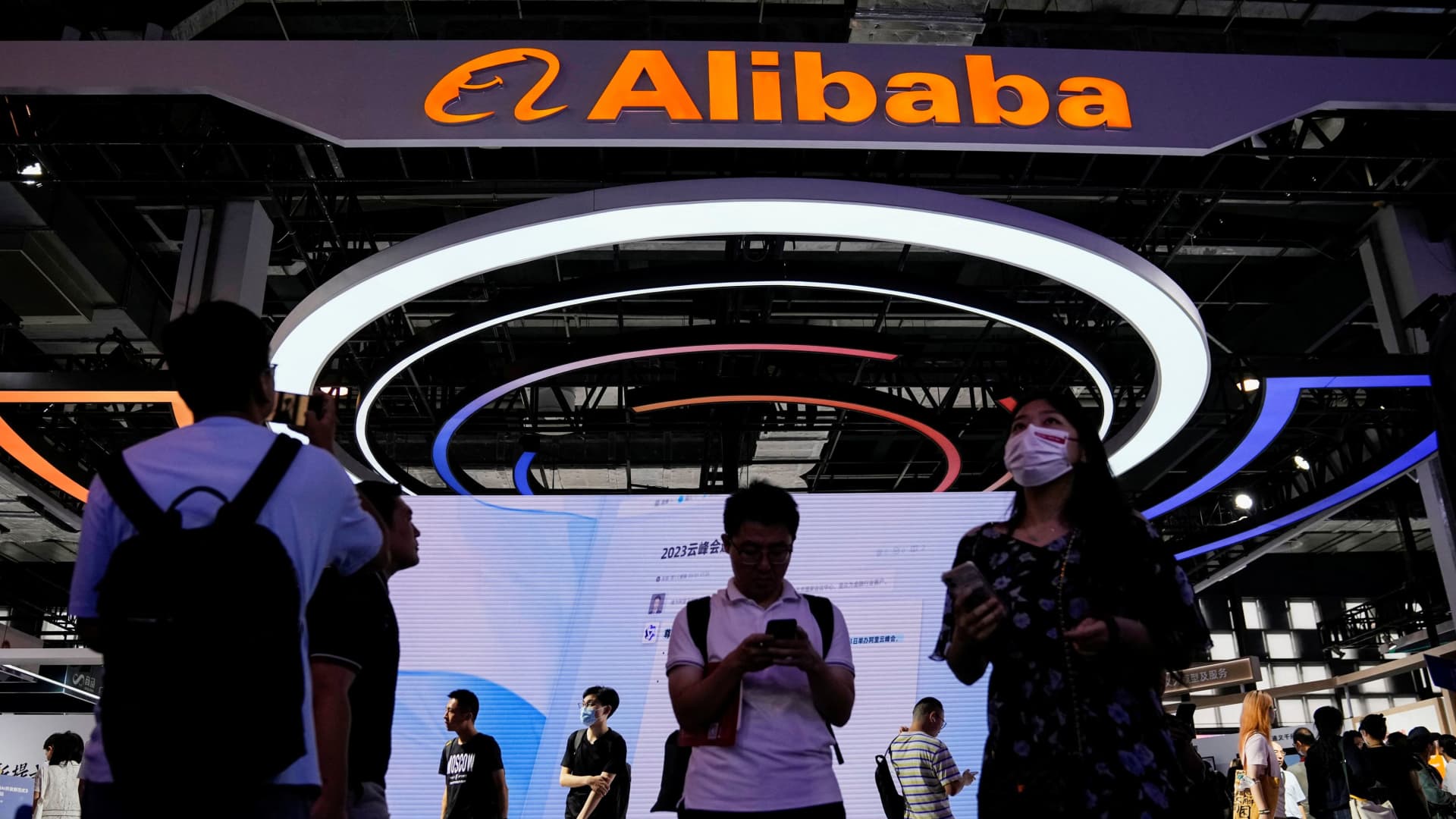White House Memo Claims Alibaba Aids Chinese Military Targeting U.S., Sparks Denial & Trade Tensions
 United States
National Security & Technology
United States
National Security & Technology

A White House memo reportedly alleges Alibaba provides tech support for Chinese military operations against the U.S. Alibaba vehemently denies the claims, spark
White House Memo Alleges Alibaba Aids Chinese Military; Tech Giant Issues Vehement Denial
A recent White House memo has ignited a diplomatic firestorm, alleging that Chinese tech giant Alibaba is providing crucial technological support for Chinese military operations directed against targets within the United States. This explosive claim, first reported by the Financial Times, has been met with an emphatic denial from Alibaba, which labeled the accusations "completely false."
Unverified Claims and Unclear Motives
The Financial Times report detailed the memo's assertion that "Alibaba provides tech support for Chinese military 'operations' against targets in the U.S." However, the FT acknowledged its inability to independently verify these claims and did not release the full memo. The exact timing of the memo's creation remains unclear, and while the FT stands by its reporting, the White House has yet to comment on the matter.
Alibaba responded swiftly to the allegations, stating that the "assertions and innuendoes" were baseless. The company questioned the motives behind what it called an "anonymous leak," suggesting it might be a "malicious PR operation" intended to undermine President Trump's recent trade deal with China. This agreement, reached last month between Trump and Chinese President Xi Jinping in South Korea, had eased bilateral tensions through a rollback of tariffs and export controls.
Geopolitical Tensions and Tech Rivalry
Experts note that the lack of concrete details in the FT report raises suspicions about its timing. Andy Rothman, founder of Sinology, speculated that "China hawks" within the Trump administration might be attempting to sabotage the President's agreement with Xi Jinping. He also pointed out that major U.S. cloud computing companies routinely hold contracts with the U.S. government, implying the claim might be a mischaracterization.
The allegations surface amid an escalating technological rivalry between the U.S. and China. For years, the U.S. has intensified efforts to restrict China's access to advanced semiconductors, which are essential for training artificial intelligence models. Kyle Chan, a Brookings fellow specializing in China tech, highlighted the immediate market impact: Alibaba's stock price dropped sharply in the U.S. following the report, reflecting the Chinese AI industry's anxiety over potential new sanctions. Curiously, the stock saw a rebound in Hong Kong on Monday.
Alibaba's AI Growth and Market Scrutiny
The timing of this report is also significant as Alibaba's open-source Qwen AI model gains considerable traction in Silicon Valley, posing a growing competitive threat to established pay-to-use models from leading U.S. AI companies like OpenAI and Anthropic. This development coincides with increasing investor concerns about a possible AI market bubble. Alibaba is scheduled to release its quarterly results on November 25, prior to the U.S. market opening, a report now highly anticipated in the wake of these controversies.





